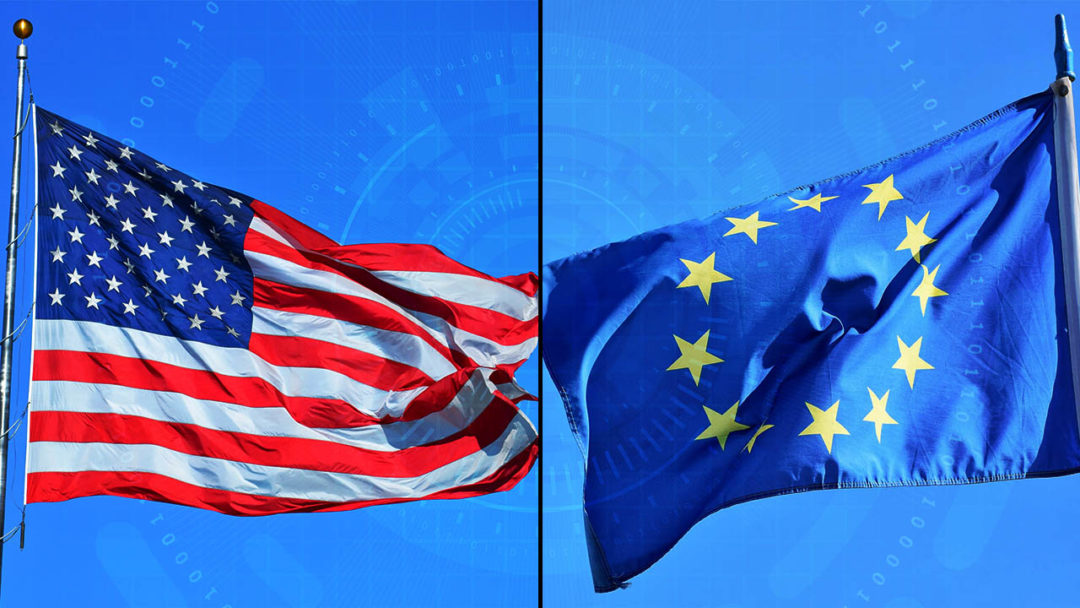It seems that everyone in the cyber security sphere is talking about ransomware these days. Last year, attacks such as WannaCry, NotPetya and BadRabbit took the business world by storm, costing billions in damages. Ransomware is by no means a new threat (it has been around since at least 2005), but it is one of the fastest growing and most costly. Cyber crime is constantly changing, and criminals keep creating news ways to steal money. Ransomware has gotten increasingly sophisticated since 2005, but the people using and deploying it haven’t necessarily – now some cyber criminals are making more money selling high-tech ransomware strains to non-technical criminals than if they were to conduct the attacks themselves. The result is that more and more ‘hackers’ have access to ransomware and need very little technical know-how to operate it, leading to more and more ransomware attacks each year. It may come as a surprise, then, to hear that the FBI received less reports of ransomware attacks in 2017 than in 2016 and 2015, despite the increase in attacks.

The FBI reported just 1,783 reports of ransomware attacks in 2017, compared to 2,673 in 2016 and 2,453 in 2015.
Read more





